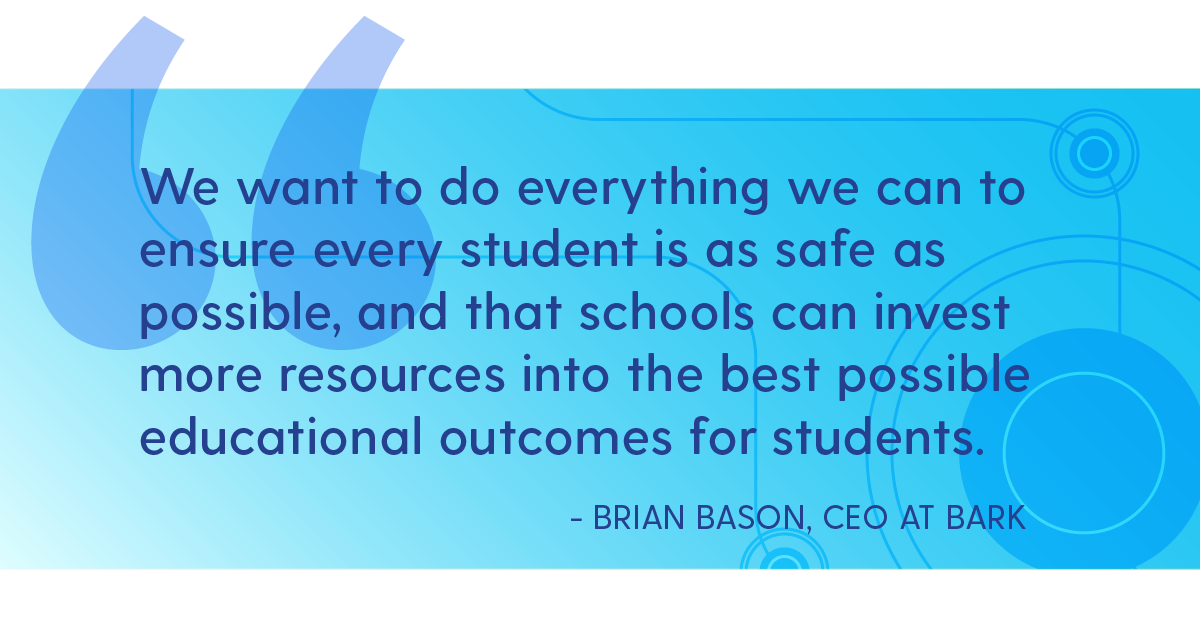

The CIPA defines "harmful to minors" as: Īny picture, image, graphic image file, or other visual depiction that – (i) taken as a whole and with respect to minors, appeals to a prurient interest in nudity, sex, or excretion (ii) depicts, describes, or represents, in a patently offensive way with respect to what is suitable for minors, an actual or simulated sexual act or sexual contact, actual or simulated normal or perverted sexual acts, or a lewd exhibition of the genitals and (iii) taken as a whole, lacks serious literary, artistic, political, or scientific value as to minors.Īs mentioned above, there is an exception for "bona fide research". No agency or instrumentality of the Government may – (a) establish criteria for making such determination (b) review agency determination made by the certifying school, school board, local educational agency, library, or other authority or (c) consider the criteria employed by the certifying school, school board, educational agency, library, or other authority in the administration of subsection 47 U.S.C. Local Determination of Content – a determination regarding what matter is inappropriate for minors shall be made by the school board, local educational agency, library, or other United States authority responsible for making the determination. 1732), the definition of "inappropriate matter" is locally determined: Some of the terms mentioned in this act, such as "inappropriate matter" and what is "harmful to minors", are explained in the law. Child pornography as defined by 18 U.S.C.

The following content must be filtered or blocked: All Internet access, even by adults, must be filtered, though filtering requirements can be less restrictive for adults (filtering obscene and pornographic material but not other "harmful to minors" materials). Unauthorized access like hacking by minorsĬIPA requires schools monitor minors' Internet use, but does not require tracking by libraries.Unauthorized disclosure of a minor's personal information.Security and safety of minors using chat rooms, email, instant messaging, or any other types of online communications.Measures to restrict a minor's access to inappropriate or harmful materials on the Internet.The policy proposed at this meeting must address: Libraries and schools must "provide reasonable public notice and hold at least one public hearing or meeting to address the proposed Internet safety policy" ( 47 U.S.C. This act has several requirements for institutions to meet before they can receive government funds. As of 2007, approximately one-third of libraries had chosen to forego federal E-Rate and certain types of LSTA funds so they would not be required to institute filtering. Schools and libraries that do not receive E-Rate discounts or only receive discounts for telecommunication services and not for Internet access or internal connections, do not have an obligation to filter under CIPA. The law also provides that the school or library "may disable the technology protection measure concerned, during use by an adult, to enable access for bona fide research or other lawful purpose". Such a technology protection measure must be employed "during any use of such computers by minors". CIPA did not provide additional funds for the purchase of the "technology protection measure".ĬIPA requires K-12 schools and libraries using E-Rate discounts to operate "a technology protection measure with respect to any of its computers with Internet access that protects against access through such computers to visual depictions that are obscene, child pornography, or harmful to minors". These conditions also applied to a small subset of grants authorized through the Library Services and Technology Act (LSTA). In passing CIPA, Congress required libraries and K-12 schools using these E-Rate discounts on Internet access and internal connections to purchase and use a "technology protection measure" on every computer connected to the Internet. While the federal government had no means of directly controlling local school and library boards, many schools and libraries took advantage of Universal Service Fund (USF) discounts derived from universal service fees paid by users in order to purchase eligible telecom services and Internet access. Supreme Court on First Amendment grounds.ĬIPA represented a change in strategy by Congress.



 0 kommentar(er)
0 kommentar(er)
